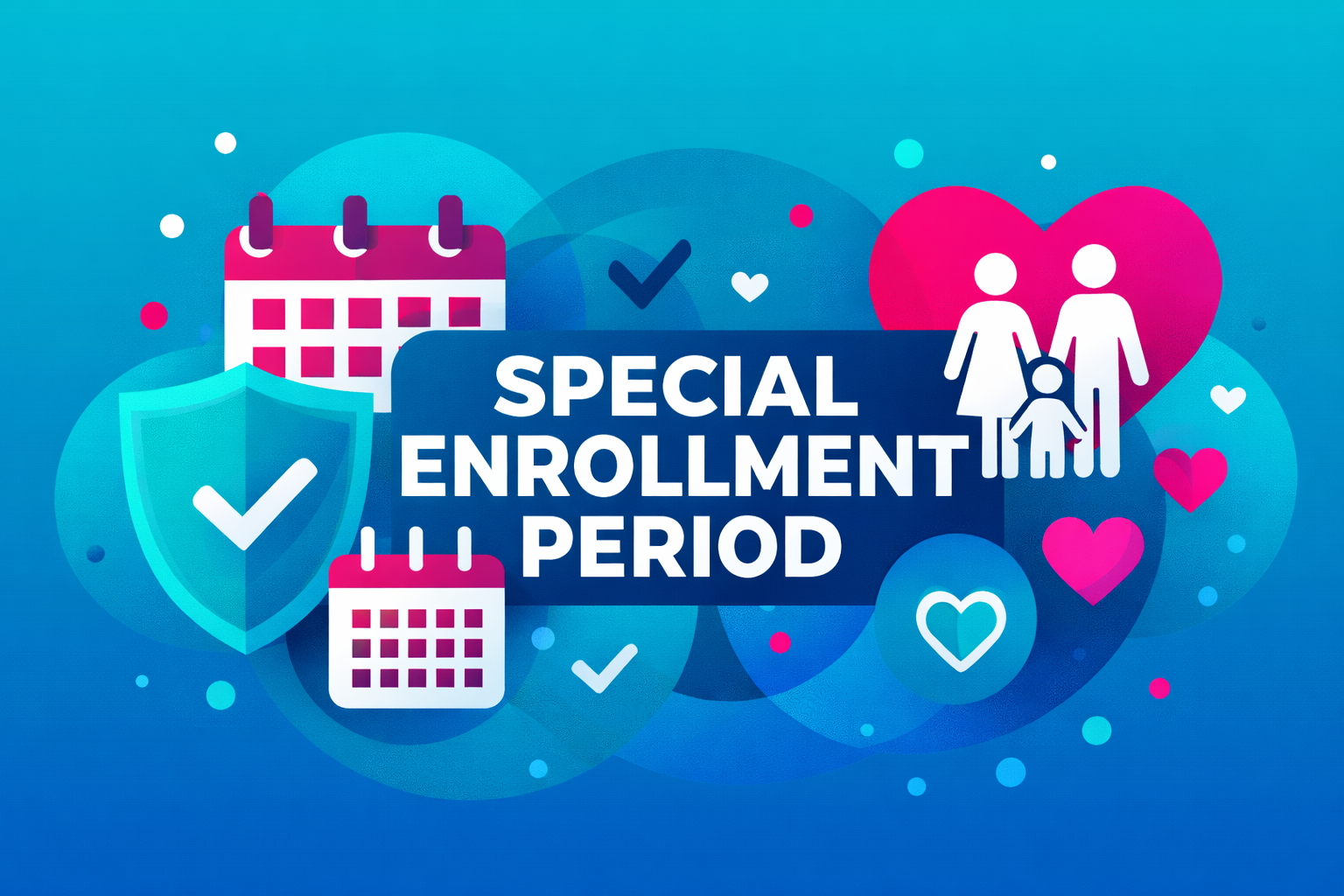A Basic Explanation
A special enrollment period (SEP) is a time outside of the regular open enrollment period during which an individual can enroll in a health insurance plan, typically because of a qualifying life event such as the loss of other coverage, marriage, birth of a child, or a move to a new area. The period lasts for a limited time and the coverage is effective from the date of the event.
Expert Advice About SEPs and Qualifying Life Events
A special enrollment period (SEP) is triggered by certain qualifying life events. These events include:
- Losing other health coverage (for example, through a job loss or the end of a plan’s coverage)
- Gaining a new dependent (such as through marriage, birth, or adoption)
- Moving to a new area that offers different health plan options
- Change in eligibility for premium tax credit or cost-sharing reductions
- Certain other changes in circumstances, such as release from incarceration or becoming a citizen
- Meet certain income requirements for Medicaid or CHIP
- Incorrectly enrolled in a health plan and you want to change to a different plan.
It’s important to note that in order to qualify for a special enrollment period, you must have a loss of coverage, not just loss of access to coverage.
If you’ve experienced a qualifying event, don’t waste time. Start shopping for new coverage as soon as you can. Most special enrollment periods last 60 days from the date of the qualifying life event. You may be asked to provide proof of the event.
What else you need to know
With some types of coverage, you can enroll anytime. Medicaid and Children’s Health Insurance Program (CHIP) don’t limit their enrollment periods. You can apply for either program at any time during the year. If you think you might qualify for Medicaid or CHIP, apply on healthcare.gov or your state’s marketplace. Also, if you’re Native American or an Alaska Native you can sign up any time during the year.
Canceling your plan on purpose does not count. Voluntarily ending your current plan or being dropped by an insurer for not paying your premiums is not considered a qualifying event, and will not qualify you for special enrollment.






